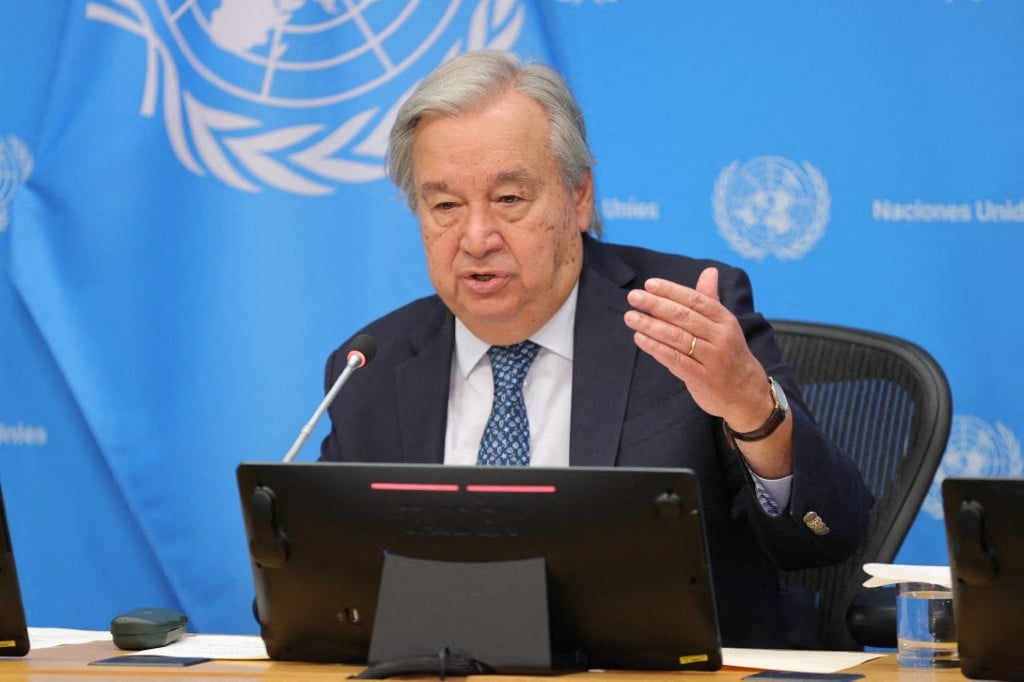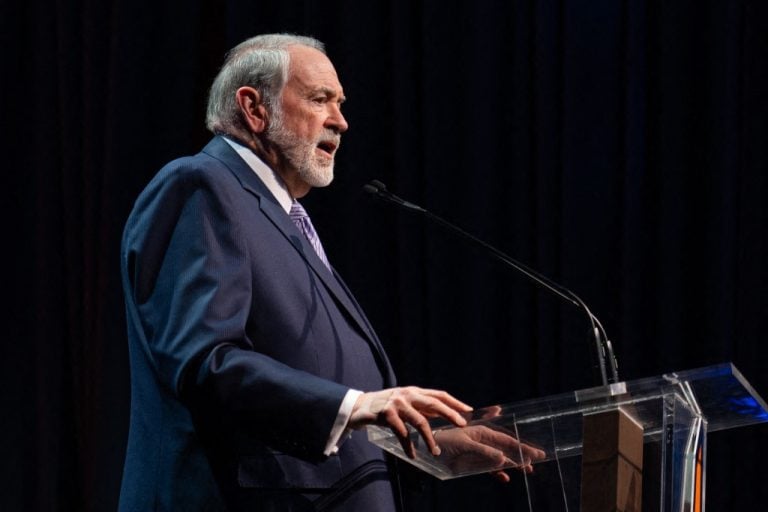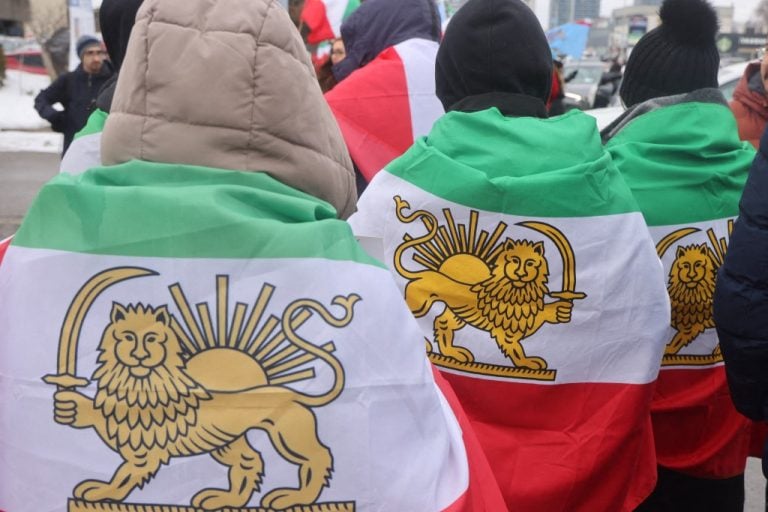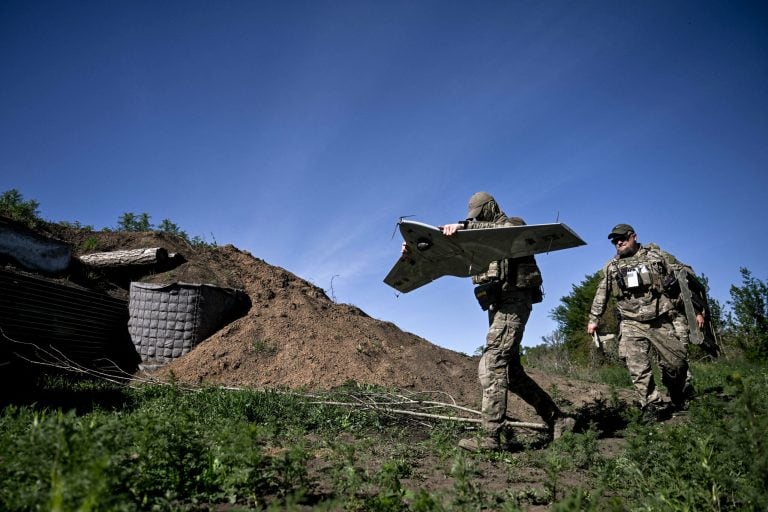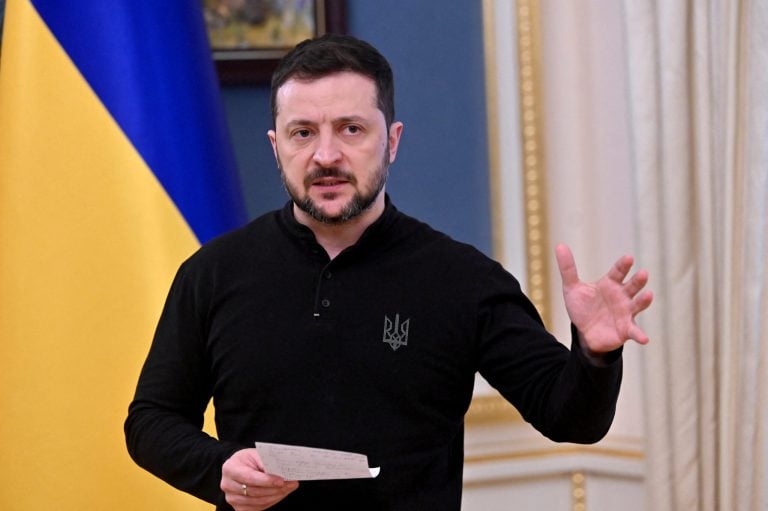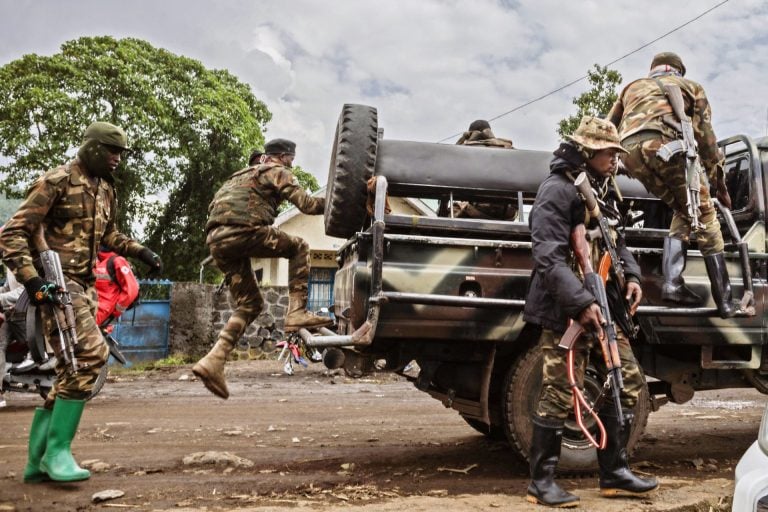United Nations Secretary-General Antonio Guterres emphasized the importance of not being “intimidated” by Israel’s expanding annexation of the occupied West Bank during an interview at UN headquarters in New York. Guterres expressed concerns about the implications of this situation and called for decisive climate action, warning that current efforts to limit global warming to 1.5 degrees Celsius above pre-industrial levels were at risk of “collapsing.”
His remarks came ahead of the UN’s high-level week, where ten countries are reportedly set to recognize a Palestinian state, a plan that has faced strong opposition from Israel. The meeting will see over 140 heads of state and government converge in Manhattan, likely leading discussions that are heavily focused on the state of the Palestinians and the ongoing conflict in Gaza.
Reports suggest that Israel has threatened to move forward with annexation of the West Bank if Western nations proceed with their recognition plans. However, Guterres urged that the international community should not feel threatened by potential retaliation, advocating for increased pressure on Israel to prevent further aggressive actions. He highlighted the severe humanitarian crisis unfolding in Gaza, describing it as “horrendous,” and stated that the death toll and destruction witnessed there were unprecedented during his tenure as Secretary-General.
Guterres captured the dire situation faced by the Palestinian population, pointing to widespread famine, inadequate health care, and insufficient shelter as individuals confront severe living conditions amidst escalating military conflict. The Israeli government, represented by its far-right factions, has openly supported the annexation of parts of the West Bank with the objective of undermining the prospect of an independent Palestinian state.
While Israel’s close ally, the United States, has refrained from criticizing the ongoing Gaza conflict or Israel’s annexation threats, Guterres remains focused on rallying international support for Palestinian statehood and humanitarian assistance.
On another critical front, Guterres raised alarms about climate change and the faltering global efforts to combat it. He pointed out that nations are lagging in their commitments to curb emissions, with many countries failing to submit updated climate action plans that align with the aspirational goal of limiting global temperature rise to 1.5 degrees Celsius. This target is part of the Paris Agreement, which has seen slow progress in recent months due to geopolitical tensions and other global crises.
With COP30 climate talks approaching in Brazil, Guterres stressed the urgent need for countries, including major emitters like China and the European Union, to present comprehensive climate strategies. He reiterated that limiting global warming requires drastic reductions in greenhouse gas emissions over the forthcoming years.
Addressing the challenges posed by various crises, Guterres underscored the need for renewed momentum in climate discussions, particularly ahead of the upcoming climate summit co-hosted with Brazilian President Luiz Inacio Lula da Silva. He cautioned that unless national climate plans align with the goal of limiting temperature increases, the chances of effectively combatting climate change could diminish significantly.
Current estimates indicate that the planet is already about 1.4 degrees Celsius warmer compared to pre-industrial levels, raising concerns among scientists that the critical threshold could be reached before the end of the decade. Guterres accentuated the necessity for determination and collective action against climate change, emphasizing that international efforts must be revitalized to avert potential catastrophe.
